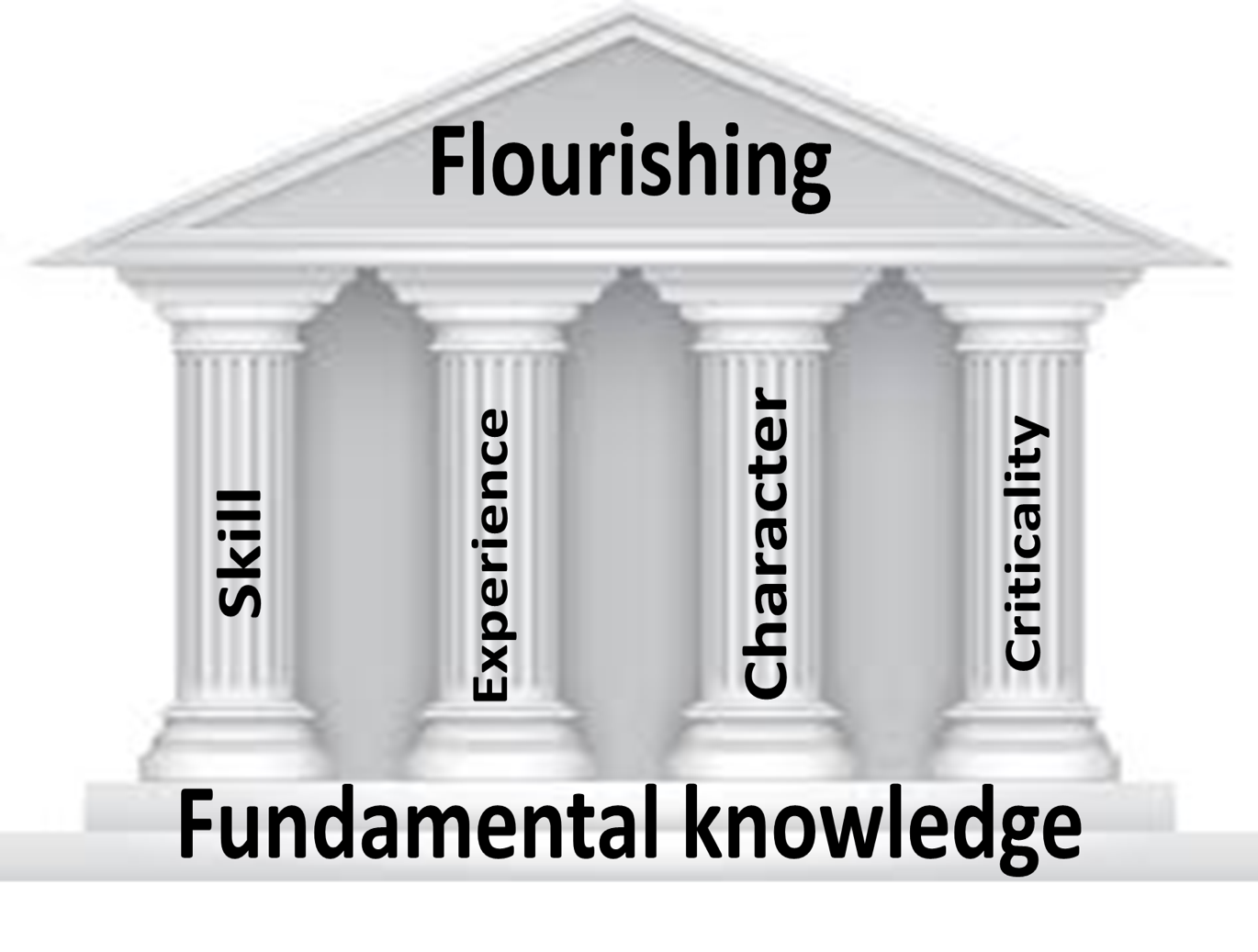Curriculum Statement

The ultimate intent of our curriculum is to enable children to flourish. We want them to flourish during their time at the Academy, and we want them to leave the Academy and flourish for the rest of their lives.
The choices we make about what we teach children are important in realising this overarching aim. The Academy has deliberated at length about what we value –what we feel will help children to thrive- and allocated curriculum time to subjects in the way we feel will best help children. Each department has, in turn, asked what is most valuable about their subject and has built a curriculum around those principles.
Of course, choices about curriculum go far beyond lessons. We teach children when they are in extracurricular clubs and activities, when they are in the corridor or the playground, or when they are on educational visits. Most importantly, we teach children through the way we communicate with them, and through the way we conduct ourselves every day at the Academy and model our Tudor Values. In this sense, no activity is extra-curricular, and we are equally thorough when considering what children learn outside of a classroom as we are when considering what they will learn within one.
Both inside and outside of lessons, we have sought a curriculum that is broad, ambitious and equitable. Broad because it allows children to supplement a strong academic core of subjects with a range of artistic and creative subjects; because strong foundations of knowledge are complemented by character education and a variety of experiences. Ambitious because we believe every child should access a curriculum that provides them with the cultural capital and essential knowledge they need to be educated citizens. Equitable because every child will access this curriculum, regardless of their background or past experience, and because this universal entitlement means every child will have the potential to take advantage of a range of opportunities in later life.
Tudor Grange Redditch is committed to a knowledge-rich curriculum. Research has repeatedly shown that the best thing we can do for the children in our care is provide them with knowledge. This knowledge, when committed to long-term memory, is the key to unlocking higher order skills and enabling creative thought.
The knowledge in our curriculum is captured through the ‘curriculum fundamentals’. This is the knowledge that children must master: commit to long-term memory. We choose the fundamentals based on a consideration of what will be most useful to children to commit to memory, both during their time at the Academy, and long after they have left us. Since the fundamentals are the unifying concepts within a discipline, they are likely to be directly relevant to a GCSE
The fundamentals specify the knowledge that we expect every child to commit to long-term memory. The curriculum is the totality of what is taught and extends beyond the fundamentals. Some lesson content is delivered without the expectation that it will be committed to long-term memory. That content, sometimes known as contextual knowledge, is on the curriculum but does not consist of the fundamentals. Some children will master the fundamentals with time to spare in their lessons.
Finally, a full and well-rounded curriculum will consist of far more than knowledge. Such a curriculum will enable children to develop complex skills, character, and criticality and enjoy a range of positive experiences. Our understanding of these aspects of curriculum is captured by The Four Pillars of Curriculum.
The Four Pillars

We believe that if our children are to leave us as well-rounded, well-informed citizens, each one of their subjects will need to deliver a well-rounded curriculum. We have therefore asked each department to consider four pillars of curriculum in addition to the knowledge they seek to impart to children. If each of these four pillars is strong, the curriculum will enable children to thrive.
We want children to develop complex skills to that they can use their knowledge in creative and sophisticated ways. We want children to be able to synthesise, analyse, evaluate and create. In practical subjects, we want them to be able to approach complex tasks and performances with confidence and flair.
We want children to have well-rounded character skills, possessing resilience, self-control, emotional maturity and growth mind-set. Character skills have been shown to be linked with success and with happiness in the adult world: more so, according to some scientists, than examination results or intelligence. We expect each department to be clear how it is addressing the development of character through its work with students.
We would like children to display criticality. We want them to appreciate the limits of their knowledge, and that some of the things they learn are contested. We want them to be able to examine and assess different views.
Finally, we expect children to have a rich range of experiences during their time in the Academy. Some of these experiences will take place on educational visits, and there are destinations, ranging from the theatre to Italy, that we want all children to visit. The vast majority of these experiences will take place in the classroom: listening to an inspiring piece of music; participating in a debate; writing a successful computer code, are all valuable experiences to which every child should have access.
Together, then, we expect children to leave us with the knowledge to participate fully in society, with the ability to use that knowledge in skilful ways, think critically, possess a full, well-rounded character, and with a series of positive experiences and happy memories
For more information about our curriculum please visit the key stage three, four and five pages on our website where you can find information about subjects offered and qualifications. An overview of subject content can be found here: www.redditch.tgacademy.org.uk/curriculum/subjects